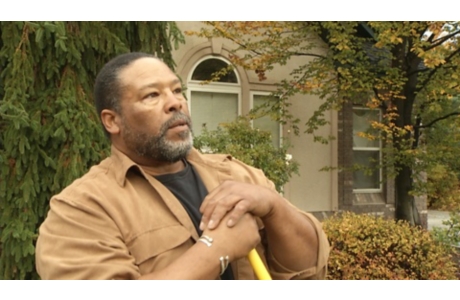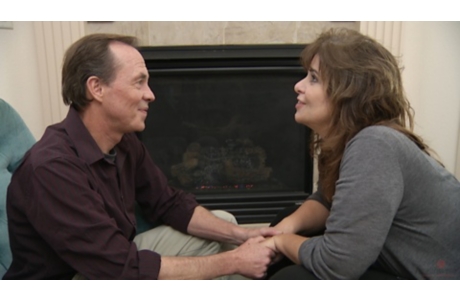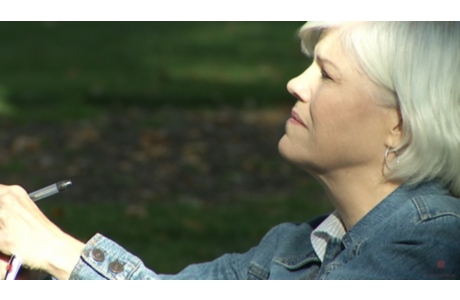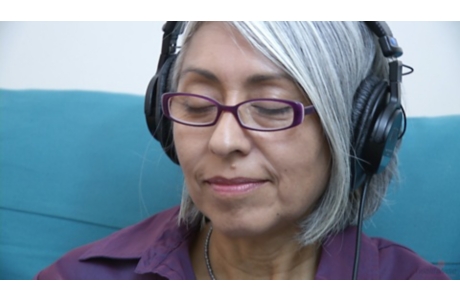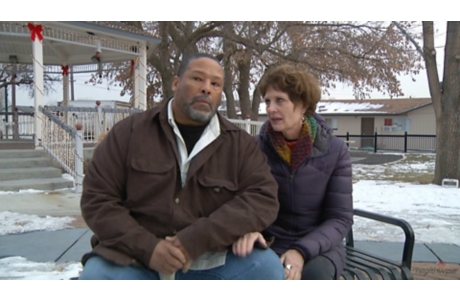Cancer Support: Dealing With Emotions and Fears
Topic Overview
“When you hear the word ‘cancer,’ the worry begins. Am I going to survive this? How is it going to affect my family? I couldn’t seem to focus on anything except cancer, and I felt like I’d lost control of my own thoughts. A friend suggested starting a journal, and I found that writing out my thoughts allowed me to let go of them a little. Putting them on paper somehow gave them less power over me.”—Evelyn, 61
“My first reaction was why did this happen to me? I felt like I didn’t deserve a cancer diagnosis, and I was really angry about it. I mentioned to my doctor that I felt angry all the time, and she referred me to a counselor. I was reluctant to try counseling at first, but talking to someone really helped me work through what I was feeling. It was a big relief.”—Riley, 48
Anxiety, fear, and emotions
The time after a cancer diagnosis can be very difficult. You and your loved ones may be feeling all kinds of emotions. The path ahead may seem confusing and scary. You probably have anxious thoughts swirling around in your head at all hours of the day and night.
Do any of these sound familiar?
- “I’m afraid of the pain and side effects of treatment.”
- “I worry about how cancer will change my relationship with my spouse.”
- “Am I going to die?”
- “Who will take care of my family if something happens to me?”
- “Why me?”
- “What if I get well, but the cancer comes back later?”
- “I don’t want to be a burden to my friends and family while I’m sick.”
- “I don’t know how I’ll manage paying all my medical bills.”
It’s common to have many emotions, or none. Everyone reacts differently. And your feelings may change often, without warning.
Building resilience
Now is the time to focus on your resilience. Resilience is an “inner strength” that helps you bounce back after stressful situations. When you are resilient, you may recover more quickly from setbacks or difficult changes, including illness.
Part of resilience is how you think. Your mind can have a positive or negative effect on your body. Negative emotions, such as worry and stress, can cause tense muscles and pain, headaches, and stomach problems. But having a positive outlook on life might help you better handle pain or stress than someone who is less hopeful.
Here are some tips for building resilience:
- Accept that things change. Try to look at change as a challenge rather than a threat. You can’t change what happens, but you can change how you feel about it.
- See the big picture. Try to look for things to learn. Difficult or emotional situations can teach you about yourself.
- Seek out interactions with people who make you feel better. Develop a support network.
- Take good care of yourself. Take time to do things that you enjoy. Find ways to relax your mind and body.
Dealing with anxiety
Worry and distress may feel like they’re taking over your life. But there are many things you can do to lower your anxiety and feel better. Pick one or two to try today.
- Write. Start a journal. Writing about things that are bothering you may help you deal with your feelings.
- Let your feelings out. Talk, laugh, cry, and express anger when you need to. Talking with friends, family, a counselor, or a member of the clergy about your feelings is a healthy way to relieve stress.
- Exercise. Brisk walking and other forms of exercise, such as yoga or tai chi and qi gong, can help release pent-up emotions.
- Try guided imagery. Guided imagery helps you use your imagination to take you to a calm, peaceful place. You can do guided imagery on your own. Or you can do it with audio recordings, an instructor, or scripts to lead you through the process.
- Practice gratitude. “Be thankful” might seem like strange advice when you’re facing cancer. But gratitude is linked to your sense of well-being, and it can boost the inner strength that helps you bounce back. It works by shifting your attention to the positive things in your life. To practice gratitude, you say “thanks” and you appreciate what’s important to you.
Where to get help
It’s great to try to find things you can do on your own to feel better. And if you have family and friends who are good listeners, it can help a lot to talk to them about how you’re feeling.
But not everyone has someone to talk to. And sometimes it’s easier to talk to someone who isn’t directly affected by your cancer. A counselor or therapist can help you work through the emotions of cancer. He or she can simply listen to your worries and anything else you feel like talking about.
Different types of counseling include family therapy, couples therapy, group counseling, and individual counseling. Be sure you choose the right counselor or therapist for your needs. Finding a good fit with a counselor is important.
Consider joining a cancer support group. It helps to connect with people who are going through the same things you are. Your doctor can help you find a group in your area.
Where to learn more
The following booklets from the National Cancer Institute’s website may be helpful:
- Taking Time: Support for People With Cancer (www.cancer.gov/cancertopics/takingtime)
- When Someone You Love Is Being Treated for Cancer (www.cancer.gov/cancertopics/coping/when-someone-you-love-is-treated)
Health Tools
Health Tools help you make wise health decisions or take action to improve your health.
Current as of: December 19, 2018
Author: Healthwise Staff
Medical Review:E. Gregory Thompson MD – Internal Medicine & Kathleen Romito MD – Family Medicine & Elizabeth T. Russo MD – Internal Medicine
This information does not replace the advice of a doctor. Healthwise, Incorporated, disclaims any warranty or liability for your use of this information. Your use of this information means that you agree to the Terms of Use. Learn how we develop our content.


